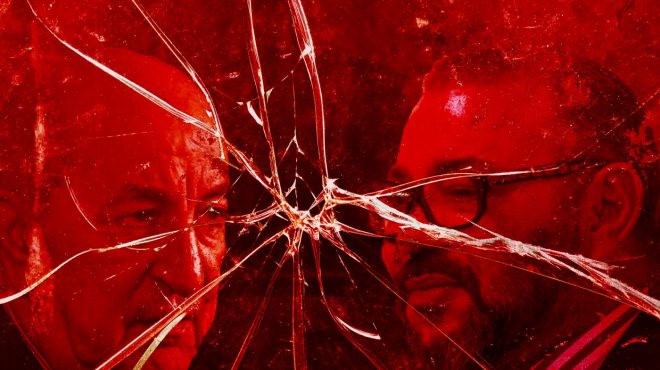Algeria announced on Tuesday that it was officially severing ties with neighbouring Morocco “starting today”, after months of tensions between the two countries.
Algerian Foreign Minister Ramtane Lamamra made the announcement during a press conference on Tuesday evening.
“It has been proven that the (Moroccan) kingdom has not ceased its unfriendly, low and hostile manoeuvres against Algeria for a day since independence,” Lamamra said, accusing Moroccan leaders of bearing “responsibility for the successive crises that have drawn us into a tunnel without an exit”.
The two countries have long been at odds over a host of issues, notably the fate of the Western Sahara. The border between Algeria and Morocco has been closed since 1994.
“One feels that as long as the Western Sahara issue isn’t resolved, it will remain a factor of instability for the region,” an Algerian analyst told Middle East Eye on condition of anonymity.
Morocco claims full sovereignty over the territory, while Algeria backs the Polisario Front’s demands for a referendum on self-determination under the auspices of the United Nations.
Rabat’s re-establishment of ties with Israel late last year – as part of then-US President Donald Trump’s push for normalisation in the region – was accompanied by US recognition of Moroccan sovereignty over the Western Sahara, reigniting tensions with Algiers.
Algeria has long been one of the most outspoken countries in North Africa in support of Palestinians, and news that Morocco had officialised diplomatic relations with Israel sparked anger from Algerian officials and citizens alike.
Lamamra referred to accusations lobbied earlier this month after Israeli Foreign Minister Yair Lapid said during a visit to Morocco that he and Moroccan Foreign Minister Nasser Bourita shared “worries about the role played by Algeria in the region”. The Israeli foreign minister also said at the time the concerns were based on Algeria “getting close to Iran”.
“Morocco has become a secondary base for the planification of a series of dangerous aggressions against Algeria,” Lamamra said on Tuesday, accusing Bourita of being the “instigator” behind Lapid’s comments.
“Algeria’s response today highlights the urgent necessity of adhering to reason, instead of the terrible bet that seems to drive the kingdom of Morocco’s posture towards Algeria,” Lamamra added. “Algeria refuses to endure reprehensible behaviour and acts… Algeria refuses a unilateral fait accompli with disastrous consequences for the peoples of the Maghreb.”
In July, Algiers recalled its ambassador to Morocco after the Moroccan envoy to the United Nations called at a meeting of the Non-Aligned Movement for “the right of self-determination for the people living in the Kabylia region”, in reference to Algeria’s Tamazight-speaking minority, suggesting Algeria should not deny such a move while backing self-determination for Western Sahara.
Last week, Algeria’s High Security Council, headed by President Abdelmadjid Tebboune, meanwhile decided to “review” relations with Morocco in the wake of the Morrocan comments on Kabylia.
“Moroccans have touched on the two biggest taboos of Algeria: national unity and the politics vis-a-vis Israel,” a diplomatic source told MEE. “They’ve hit where it hurts, multiple times.”
Matters deteriorated further in July after the consortium of journalists created by Forbidden Stories about Pegasus spyware sold by Israel’s NSO Group revealed that Rabat was “one of the biggest users of the spyware, to the detriment of the Algerian authorities”.
Algiers has also levied accusations against Rabat of being implicated in deadly fires that have ravaged northern Algeria in recent weeks.
 Alghadeer TV Alghadeer TV
Alghadeer TV Alghadeer TV

